On Care for Our Common Home
Following are some excerpts from Pope Francis letter about the shared and profound connection of all humanity with our common home, and our shared responsibility for all life on Earth. Beautiful films are found at the end of this article, and Pope Francis' full letter can be read here:
"The continued acceleration of changes affecting humanity and the planet is coupled today with a more intensified pace of life and work which might be called “rapidification”. Although change is part of the working of complex systems, the speed with which human activity has developed contrasts with the naturally slow pace of biological evolution. Moreover, the goals of this rapid and constant change are not necessarily geared to the common good or to integral and sustainable human development. Change is something desirable, yet it becomes a source of anxiety when it causes harm to the world and to the quality of life of much of humanity."
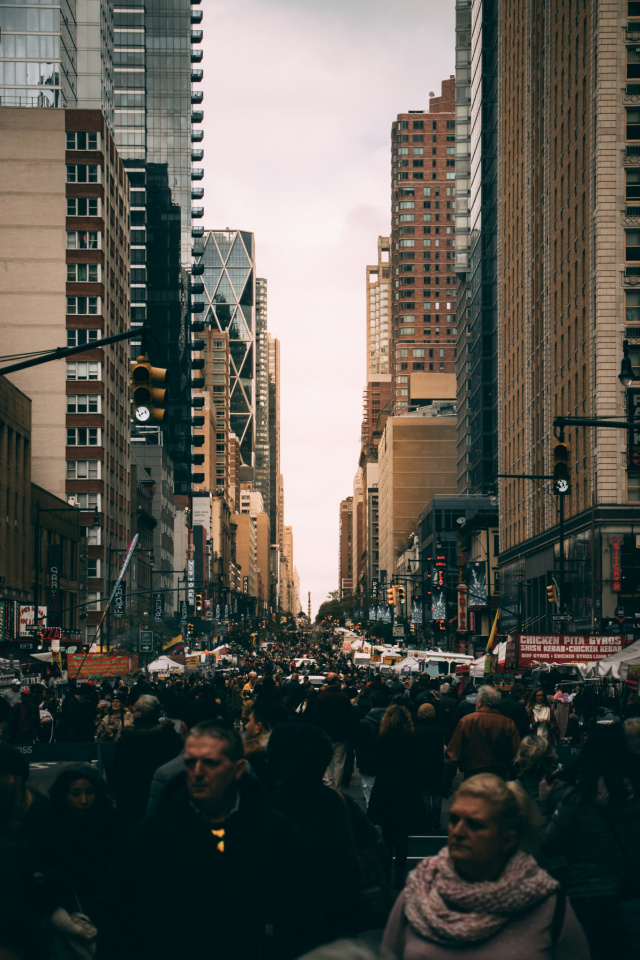
At the global level, it is a complex system linked to many of the essential conditions for human life. A very solid scientific consensus indicates that we are presently witnessing a disturbing warming of the climatic system. In recent decades this warming has been accompanied by a constant rise in the sea level and, it would appear, by an increase of extreme weather events, even if a scientifically determinable cause cannot be assigned to each particular phenomenon. Humanity is called to recognize the need for changes of lifestyle, production and consumption, in order to combat this warming
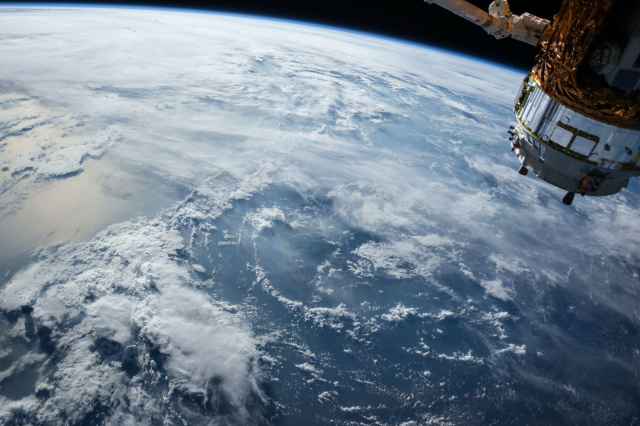
We know how important these are for the entire earth and for the future of humanity. The ecosystems of tropical forests possess an enormously complex biodiversity which is almost impossible to appreciate fully, yet when these forests are burned down or levelled for purposes of cultivation, within the space of a few years countless species are lost and the areas frequently become arid wastelands. A delicate balance has to be maintained when speaking about these places
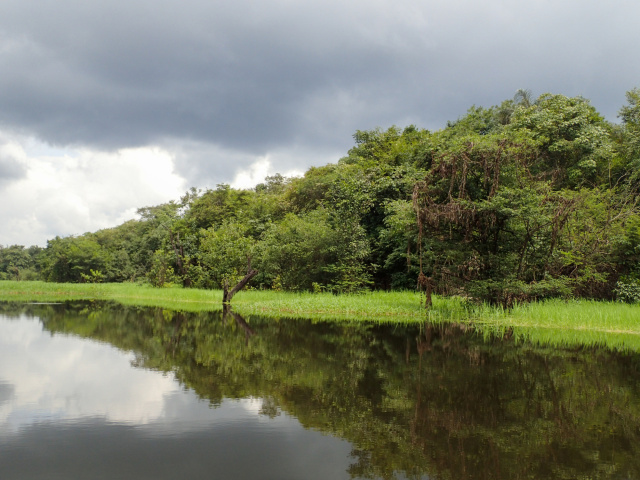
In tropical and subtropical seas, we find coral reefs comparable to the great forests on dry land, for they shelter approximately a million species, including fish, crabs, molluscs, sponges and algae. Many of the world’s coral reefs are already barren or in a state of constant decline. “Who turned the wonderworld of the seas into underwater cemeteries bereft of colour and life?”
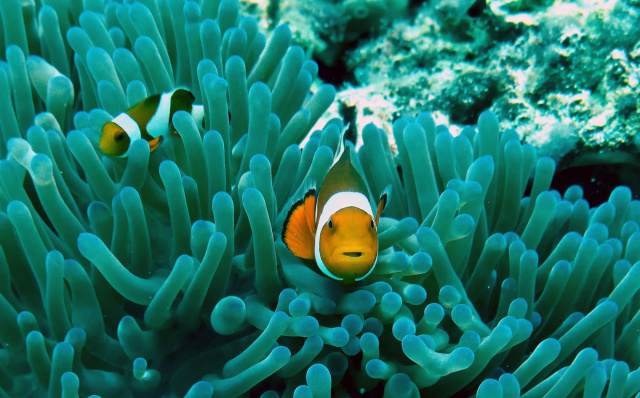
"Human beings too are creatures of this world, enjoying a right to life and happiness, and endowed with unique dignity... We were not meant to be inundated by cement, asphalt, glass and metal, and deprived of physical contact with nature...In some places, rural and urban alike, the privatization of certain spaces has restricted people’s access to places of particular beauty...
Furthermore, when media and the digital world become omnipresent, their influence can stop people from learning how to live wisely, to think deeply and to love generously. In this context, the great sages of the past run the risk of going unheard amid the noise and distractions of an information overload. Efforts need to be made to help these media become sources of new cultural progress for humanity and not a threat to our deepest riches. True wisdom, as the fruit of self-examination, dialogue and generous encounter between persons, is not acquired by a mere accumulation of data which eventually leads to overload and confusion, a sort of mental pollution.
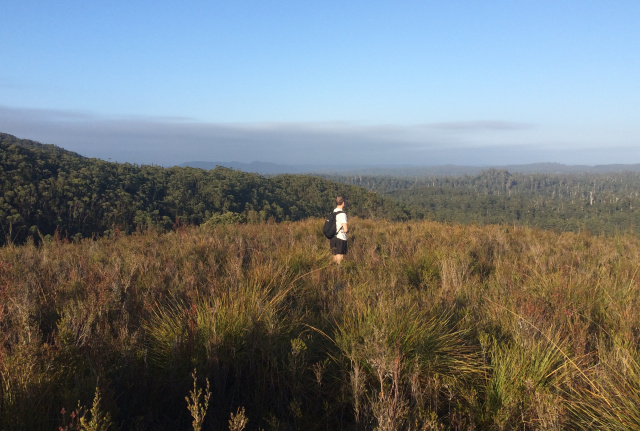
Creatures exist only in dependence on each other, to complete each other, in the service of each other... living species are part of a network which we will never fully explore and understand. A good part of our genetic code is shared by many living beings... When we speak of the “environment”, what we really mean is a relationship existing between nature and the society which lives in it. Nature cannot be regarded as something separate from ourselves or as a mere setting in which we live. We are part of nature, included in it and thus in constant interaction with it.
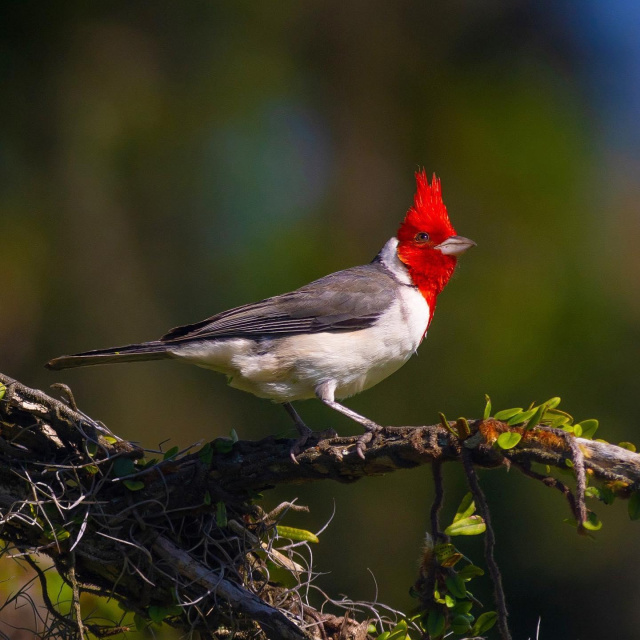
The global economic crises have made painfully obvious the detrimental effects of disregarding our common destiny, which cannot exclude those who come after us. We can no longer speak of sustainable development apart from intergenerational solidarity. Once we start to think about the kind of world we are leaving to future generations, we look at things differently; we realize that the world is a gift which we have freely received and must share with others. Since the world has been given to us, we can no longer view reality in a purely utilitarian way, in which efficiency and productivity are entirely geared to our individual benefit. Intergenerational solidarity is not optional, but rather a basic question of justice, since the world we have received also belongs to those who will follow us.
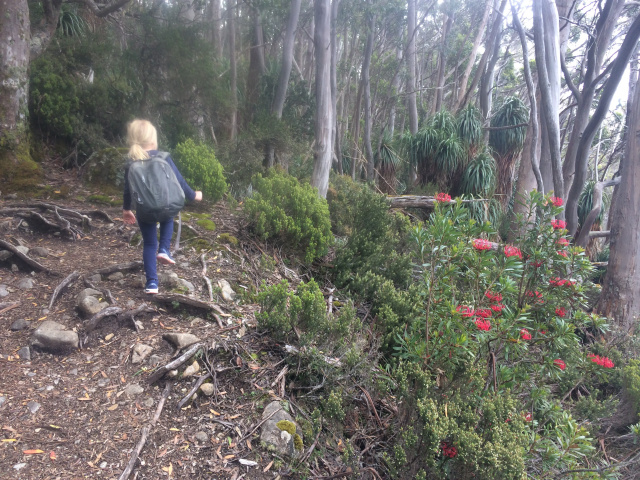
Links:
"The Letter": The Pope, the Environmental Crisis, and Frontline Leaders. The Letter. A powerful film about the story of Pope Francis' letter 'On Care for our Common Home'.
A short video from the Vatican with imagery of Nature and some of Pope Francis' quotes from 'On Care for our Common Home.'
Pope Francis' letter to humanity 'On Care for our Common Home'.
What is the purpose of our life in this world? Why are we here? What is the goal of our work and all our efforts? What need does the earth have of us? It is no longer enough, then, simply to state that we should be concerned for future generations. We need to see that what is at stake is our own dignity. Leaving an inhabitable planet to future generations is, first and foremost, up to us. The issue is one which dramatically affects us, for it has to do with the ultimate meaning of our earthly sojourn.
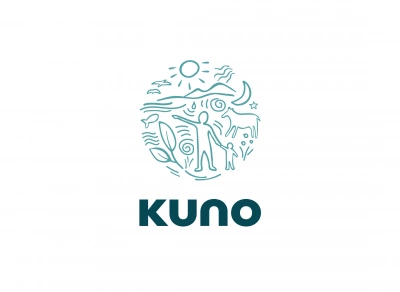
Kuno
Following are some excerpts from Pope Francis letter about the shared and profound connection of all humanity with our common home, and our shared responsibility for all life on Earth. Beautiful films are found at the end of this article, and Pope Francis' full letter can be read here:
"The continued acceleration of changes affecting humanity and the planet is coupled today with a more intensified pace of life and work which might be called “rapidification”. Although change is part of the working of complex systems, the speed with which human activity has developed contrasts with the naturally slow pace of biological evolution. Moreover, the goals of this rapid and constant change are not necessarily geared to the common good or to integral and sustainable human development. Change is something desirable, yet it becomes a source of anxiety when it causes harm to the world and to the quality of life of much of humanity."

At the global level, it is a complex system linked to many of the essential conditions for human life. A very solid scientific consensus indicates that we are presently witnessing a disturbing warming of the climatic system. In recent decades this warming has been accompanied by a constant rise in the sea level and, it would appear, by an increase of extreme weather events, even if a scientifically determinable cause cannot be assigned to each particular phenomenon. Humanity is called to recognize the need for changes of lifestyle, production and consumption, in order to combat this warming

We know how important these are for the entire earth and for the future of humanity. The ecosystems of tropical forests possess an enormously complex biodiversity which is almost impossible to appreciate fully, yet when these forests are burned down or levelled for purposes of cultivation, within the space of a few years countless species are lost and the areas frequently become arid wastelands. A delicate balance has to be maintained when speaking about these places

In tropical and subtropical seas, we find coral reefs comparable to the great forests on dry land, for they shelter approximately a million species, including fish, crabs, molluscs, sponges and algae. Many of the world’s coral reefs are already barren or in a state of constant decline. “Who turned the wonderworld of the seas into underwater cemeteries bereft of colour and life?”

"Human beings too are creatures of this world, enjoying a right to life and happiness, and endowed with unique dignity... We were not meant to be inundated by cement, asphalt, glass and metal, and deprived of physical contact with nature...In some places, rural and urban alike, the privatization of certain spaces has restricted people’s access to places of particular beauty...
Furthermore, when media and the digital world become omnipresent, their influence can stop people from learning how to live wisely, to think deeply and to love generously. In this context, the great sages of the past run the risk of going unheard amid the noise and distractions of an information overload. Efforts need to be made to help these media become sources of new cultural progress for humanity and not a threat to our deepest riches. True wisdom, as the fruit of self-examination, dialogue and generous encounter between persons, is not acquired by a mere accumulation of data which eventually leads to overload and confusion, a sort of mental pollution.

Creatures exist only in dependence on each other, to complete each other, in the service of each other... living species are part of a network which we will never fully explore and understand. A good part of our genetic code is shared by many living beings... When we speak of the “environment”, what we really mean is a relationship existing between nature and the society which lives in it. Nature cannot be regarded as something separate from ourselves or as a mere setting in which we live. We are part of nature, included in it and thus in constant interaction with it.

The global economic crises have made painfully obvious the detrimental effects of disregarding our common destiny, which cannot exclude those who come after us. We can no longer speak of sustainable development apart from intergenerational solidarity. Once we start to think about the kind of world we are leaving to future generations, we look at things differently; we realize that the world is a gift which we have freely received and must share with others. Since the world has been given to us, we can no longer view reality in a purely utilitarian way, in which efficiency and productivity are entirely geared to our individual benefit. Intergenerational solidarity is not optional, but rather a basic question of justice, since the world we have received also belongs to those who will follow us.

Links:
"The Letter": The Pope, the Environmental Crisis, and Frontline Leaders. The Letter. A powerful film about the story of Pope Francis' letter 'On Care for our Common Home'.
A short video from the Vatican with imagery of Nature and some of Pope Francis' quotes from 'On Care for our Common Home.'
Pope Francis' letter to humanity 'On Care for our Common Home'.
What is the purpose of our life in this world? Why are we here? What is the goal of our work and all our efforts? What need does the earth have of us? It is no longer enough, then, simply to state that we should be concerned for future generations. We need to see that what is at stake is our own dignity. Leaving an inhabitable planet to future generations is, first and foremost, up to us. The issue is one which dramatically affects us, for it has to do with the ultimate meaning of our earthly sojourn.
Love what you're reading? Support Kuno donate to support them now
Donate hereYou might like...

A place to call home

Life on Earth

Humans and Earth
Newsletter
Sign up to keep in touch with articles, updates, events or news from Kuno, your platform for nature
